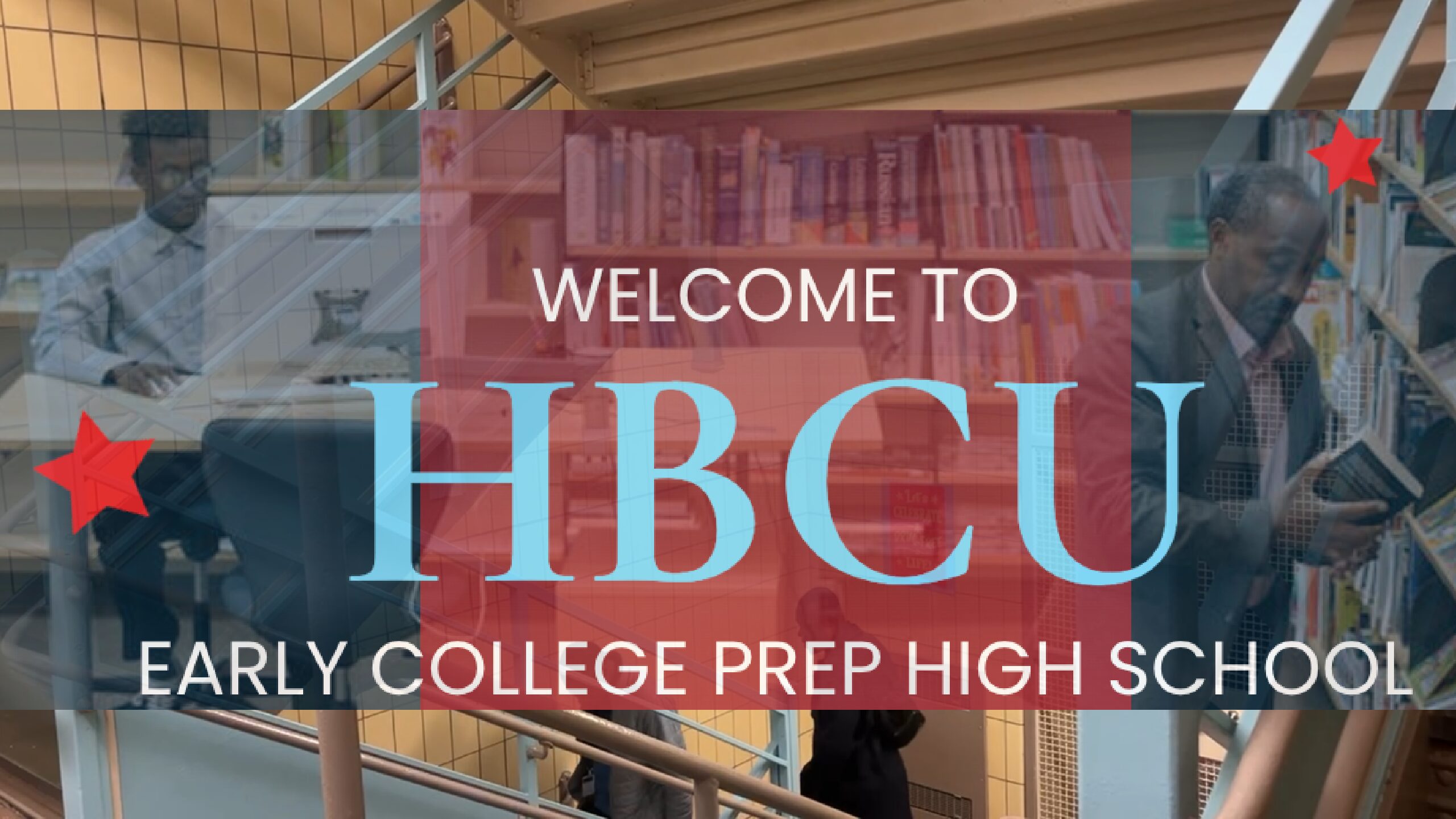by Ashley Miller and Genevieve Charles
As state budget negotiations heat up in Albany, Senator John Liu, a Democrat serving northeastern Queens, is fighting for smaller class sizes and a “sound education” for all New York City public school students.
Governor Kathy Hochul laid out her preliminary $233 billion state budget in January. Now, the Senate and the Assembly must negotiate on how to allocate funds before the start of the fiscal year: a looming April 1st deadline. Senator Liu, 56, spoke with our City Newsroom reporters to share his insight on the discussions, which are particularly tense during an election year, he said.
“We’ll have lots of rallies and protests here in the state capitol,” Liu said, referring to last-minute lobbying efforts, which he finds exciting. “At least for me, I think democracy should not be so clean. There should be a little bit of chaos.”
 Senator Liu chairs the Senate Committee on New York City Education. He helped fulfill a decades-old court mandate requiring the state to equally distribute funds to all 700 public school districts through a formula known as Foundation Aid. The mandate sprung from a 2007 court ruling that found “the state was not providing a sound education” for city public school students.
Senator Liu chairs the Senate Committee on New York City Education. He helped fulfill a decades-old court mandate requiring the state to equally distribute funds to all 700 public school districts through a formula known as Foundation Aid. The mandate sprung from a 2007 court ruling that found “the state was not providing a sound education” for city public school students.
“For many years, we did not provide the full funding required, until now,” said Liu. “Now we are fully funding it.”
Mayor Eric Adams and Schools Chancellor David Banks are responsible for doling out the state’s aid. But, Liu said, instead of prioritizing smaller class sizes with the funds he controls, Adams introduced a new reading program: NYC Reads. Before that, former Mayor Bill de Blasio started 3K For All with federal funds from the COVID-19 relief package, which will expire this year.
“It’s a problem that Mayor Adams inherited, but that doesn’t absolve him from the responsibility to do something,” Liu said.
Over 300,000 low-income New York City public school students “are stuck in overcrowded classrooms,” according to a November report from the Union Federation of Teachers. Smaller class sizes are fundamental to receiving a “sound education,” Liu said. But this will require constructing new schools and hiring a fleet of new teachers.
In 2022, Governor Kathy Hochul signed a bill sponsored by Senator Liu “to reduce class sizes over a five-year period in New York City public schools.” Under the law, class sizes must fall between 20 and 25 students, depending on grade level, by 2028. Under previous standards, classes were capped at 30 to 34 students.
Senator Liu, who served eight years on the New York City Council and later as city comptroller, felt compelled to sponsor the bill after a meeting with the Adams administration about the city’s education budget. “They didn’t have any plan to reduce class sizes,” he said. “I felt it was necessary to pass legislation that makes it very clear that the city has to reduce class sizes.”
 Last month, Adams asked the state to authorize additional funding for the DOE, but again, he did not provide a plan. Liu confronted the mayor and his budget director, Jacques Jiha, about the request. “My question simply was, you want the authority to borrow more money? A lot more money? What are you going to use it on?” Liu said.
Last month, Adams asked the state to authorize additional funding for the DOE, but again, he did not provide a plan. Liu confronted the mayor and his budget director, Jacques Jiha, about the request. “My question simply was, you want the authority to borrow more money? A lot more money? What are you going to use it on?” Liu said.
Adams’s budget director replied, “We’re not sure exactly,” Liu recalled.
Liu asked the mayor a follow-up question, imploring whether the Adams administration was misappropriating funds for education and using them on other city issues. “Earlier on, the mayor had mentioned the list of items that they might be able to use it for, like jails” Liu said.
“The mayor needs to be much more focused on providing a sound basic education, and that includes reducing class sizes,” Liu said.
Liu acknowledged that Adams faces a laundry list of fiscal pressures. But he said the state has provided him with the necessary funds for smaller class sizes—embedded in Foundation Aid.
“The mayor and the chancellor didn’t create the problem of overcrowded class sizes in New York City,” Liu said. But, “we have given them the full amount envisioned to reduce class sizes. And it’s his and the chancellor’s responsibility to do so.”
Adams controls the city’s sprawling public education system, but mayoral control expires in June 2024. In Governor Hochul’s preliminary budget, she proposed to extend mayoral control for another four years. However, Liu contends, “I expect we will take that out of the budget.”
The New York State Department of Education is conducting an investigation into whether a new system of control should take effect, he said. Liu cited Chicago as an example of a major U.S. city that previously ran under mayoral control, before nixing the system five years ago.
Along with his current role in the State Senate, Liu teaches public policy and municipal finance at Columbia University School of International and Public Affairs. This year, he is gearing up for reelection in his northeastern Queens district.
As budget negotiations persist, Liu said he will continue fighting for public education reform. “One of my priorities ever since I ran for state Senate is to buy a sound basic education for all school kids.”








